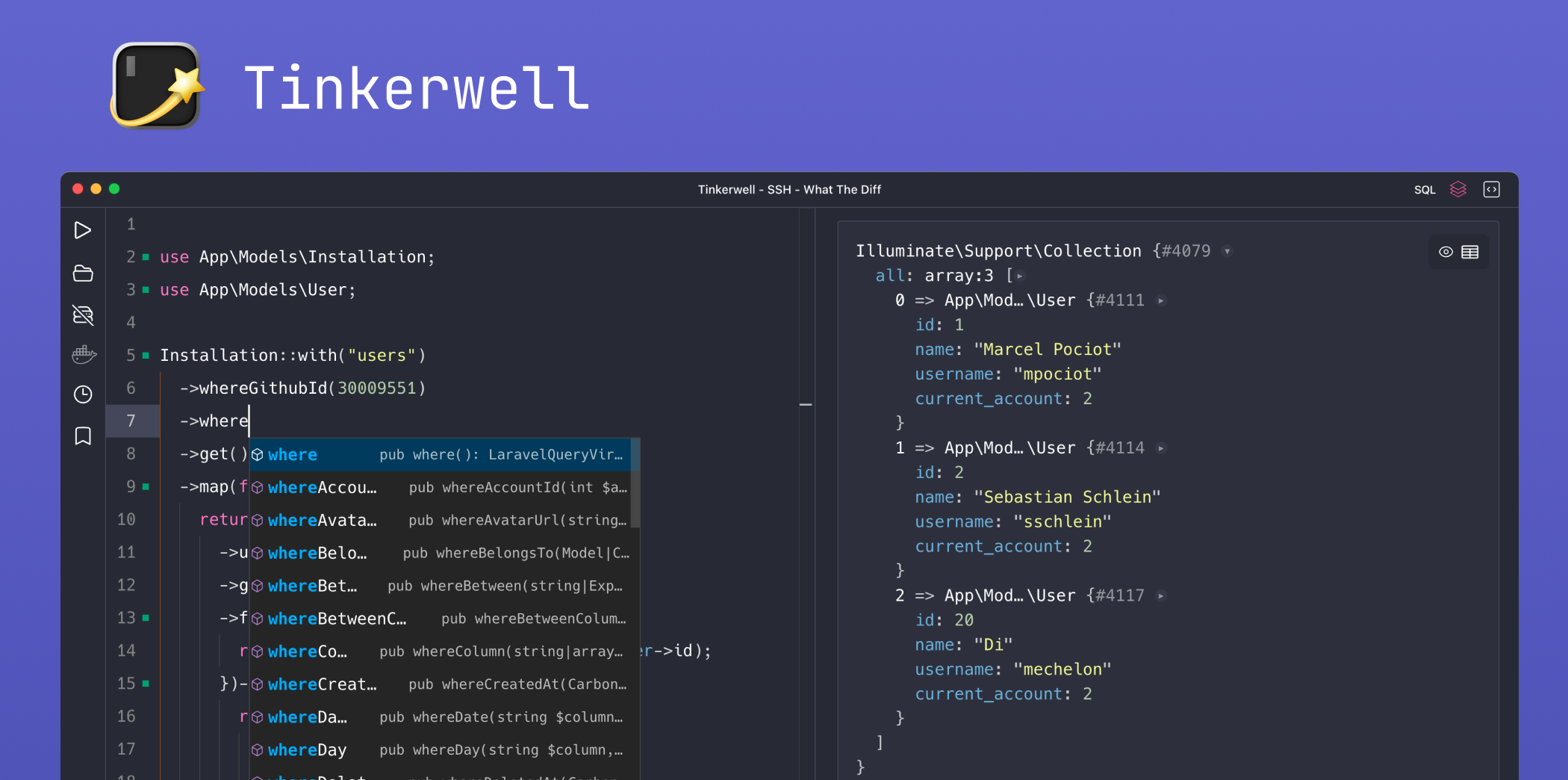The Property Hooks RFC passed a significant milestone, getting an overwhelmingly positive 34 "yes" votes and only 1 "no" vote. That's well above the required 2/3 majority required to pass.
What are property hooks in PHP?
Here's the proposal summary from the RFC:
Developers often use methods to wrap and guard access to object properties. There are several highly common patterns for such logic, which in practice may be verbose to implement repeatedly. Alternatively, developers may use __get and __set to intercept reads and writes generically, but that is a sledge-hammer approach that intercepts all undefined (and some defined) properties unconditionally. Property hooks provide a more targeted, purpose-built tool for common property interactions...
This RFC introduces two “hooks” to override the default “get” and “set” behavior of a property. Although not included in this initial version, the design includes the ability to support more hooks in the future.
Property hooks are inspired by languages like Kotlin, C#, and Swift, and the syntax includes two syntax variants that resemble short and multi-line closures:
class User implements Named{ private bool $isModified = false; public function __construct( private string $first, private string $last ) {} public string $fullName { // Override the "read" action with arbitrary logic. get => $this->first . " " . $this->last; // Override the "write" action with arbitrary logic. set { [$this->first, $this->last] = explode(' ', $value, 2); $this->isModified = true; } }}The syntax doesn't require that both hooks always be defined together; in fact, here's an example of only defining set from the RFC:
class User{ public string $name { set { if (strlen($value) === 0) { throw new ValueError("Name must be non-empty"); } $this->name = $value; } } public function __construct(string $name) { $this->name = $name; }}You can read all the details about Property Hooks in PHP in the RFC. This feature looks likely to drop in PHP 8.4. The implementation is already a draft pull request if you want to see the discussion and progress of this feature.











